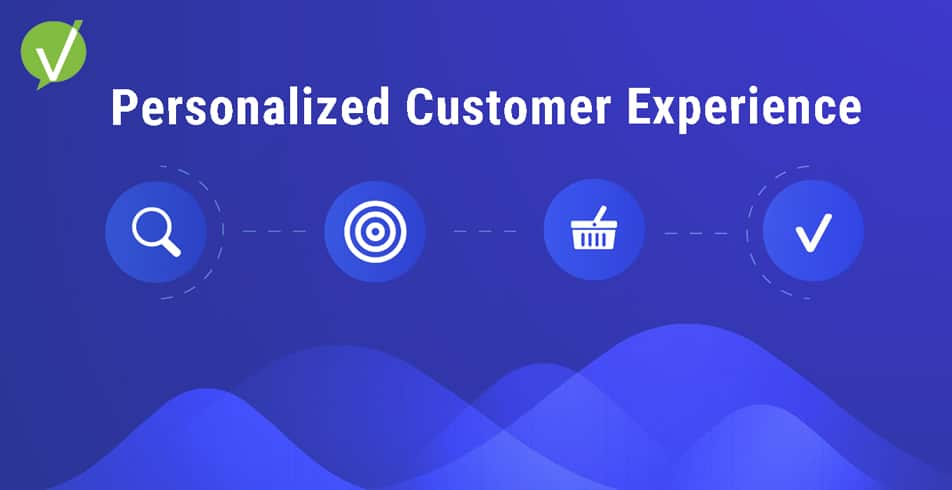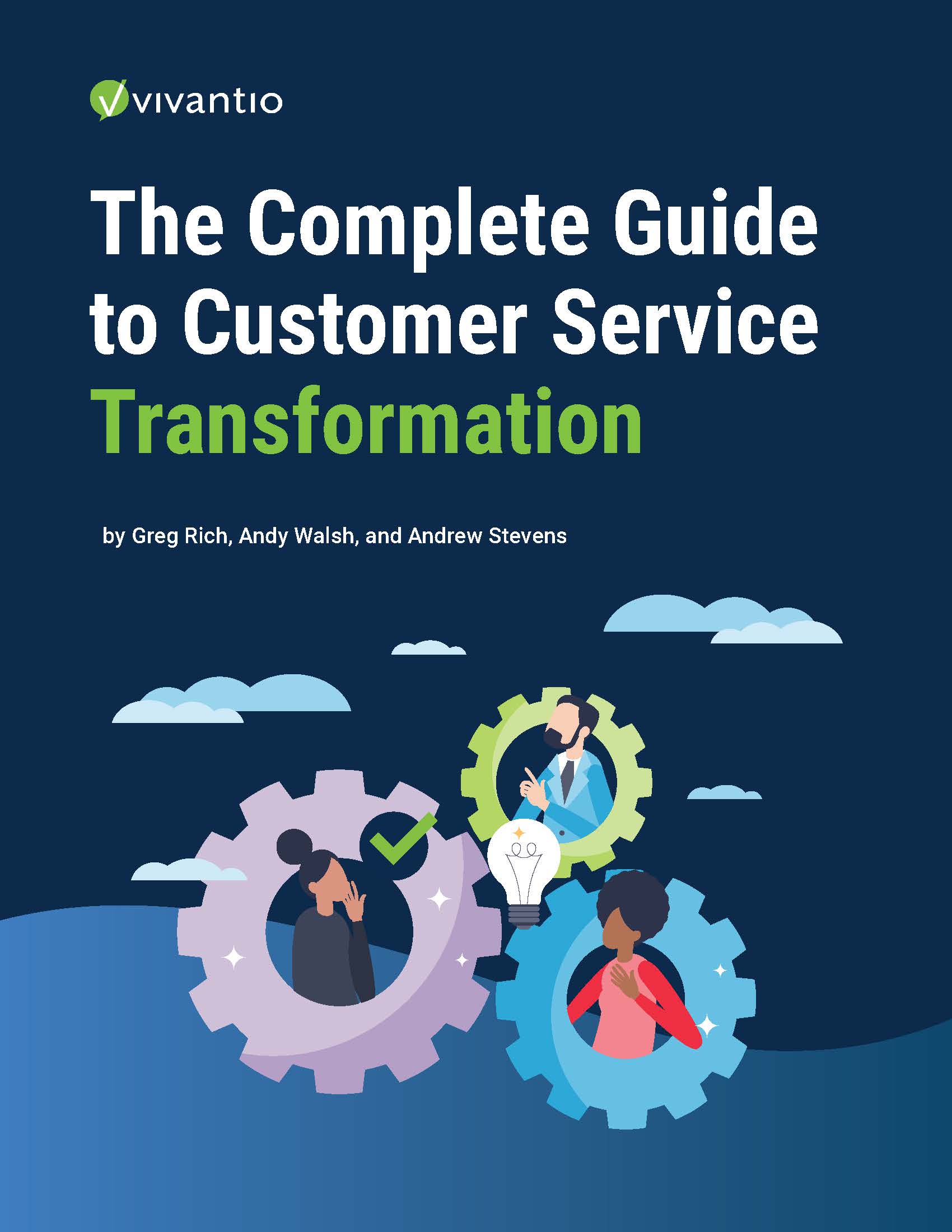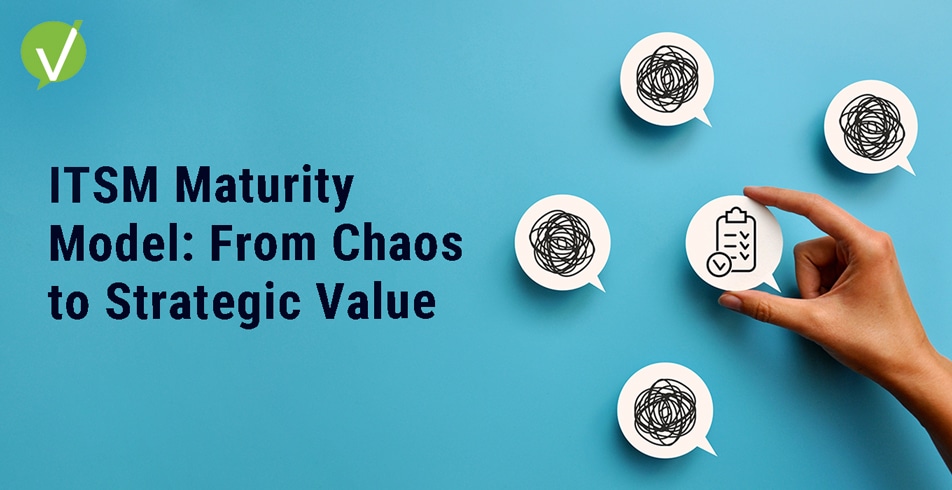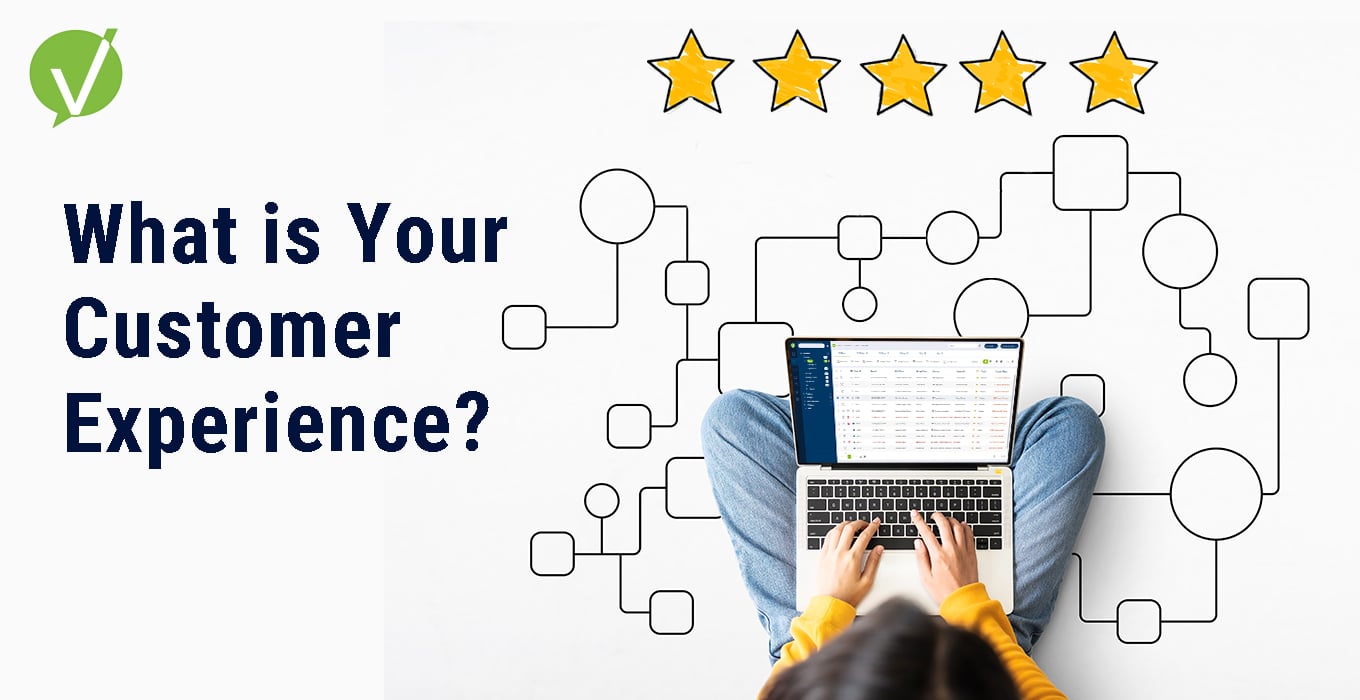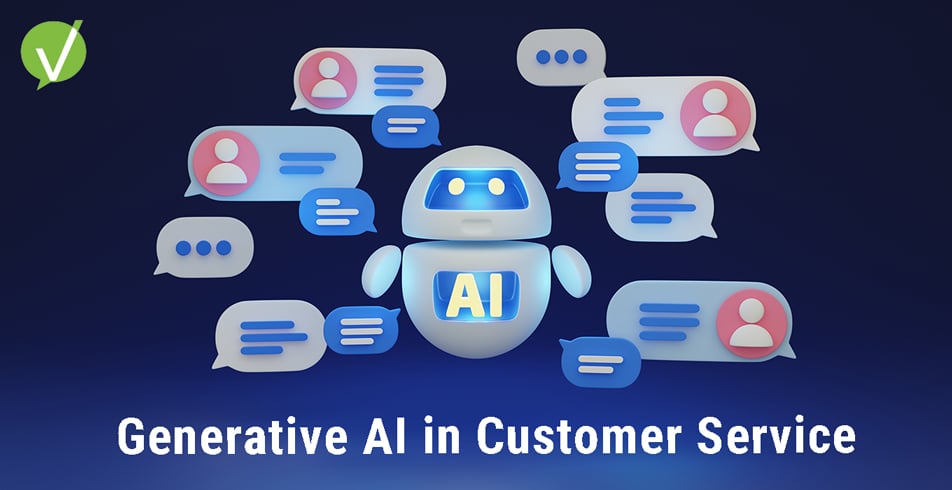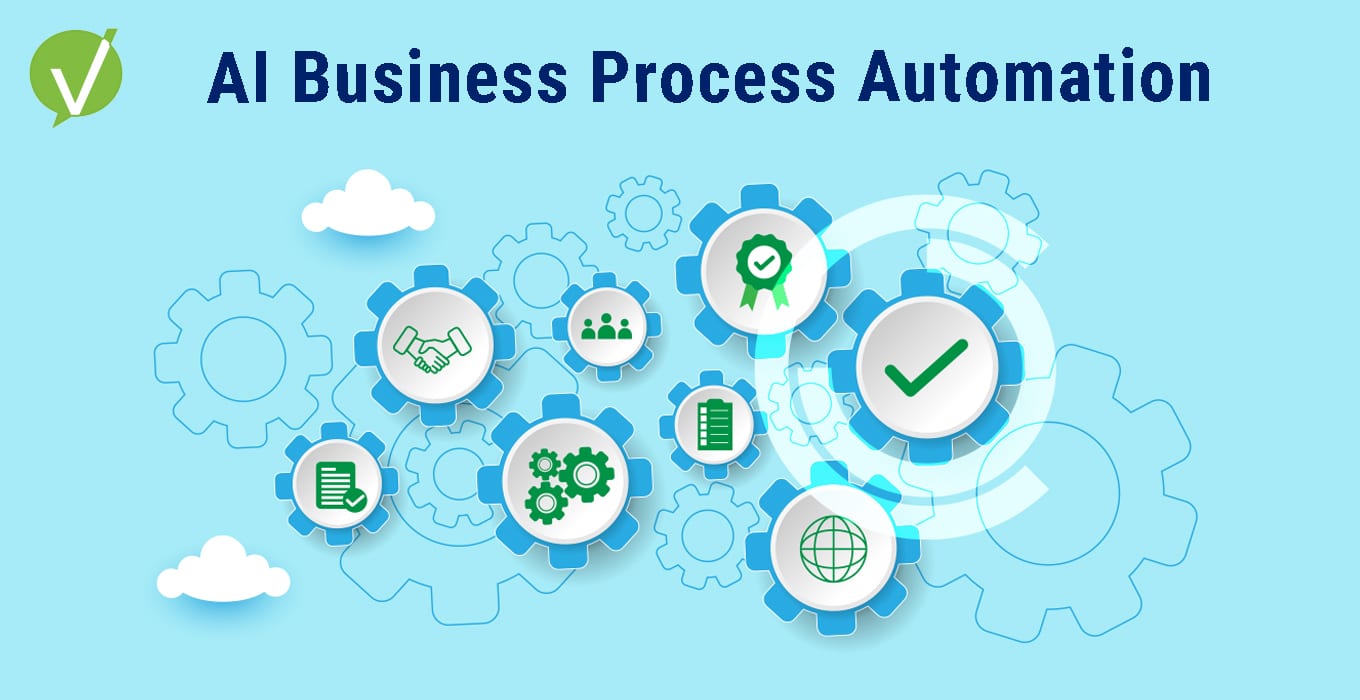Personalized Customer Experience Examples: Data-Driven Insights
Introduction
In today’s competitive market, businesses are continuously seeking innovative ways to enhance customer engagement and satisfaction. By utilizing customer data, companies can create tailored experiences that resonate with their audience throughout the customer journey. This article will explore personalized customer experience examples and illustrate how businesses can leverage data-driven insights to enhance the customer experience.
By learning from successful businesses’ real-life examples, you will gain valuable insights into how to implement personalized customer experiences using customer data. So, let’s dive into the world of data-driven insights and discover the endless possibilities they offer when it comes to personalizing your customer’s journey.
Leveraging Customer Data for Personalization
Personalization has become a key strategy for enhancing customer experiences. By leveraging customer data, businesses can create tailor-made experiences that resonate with each customer throughout their journey.
Furthermore, many businesses are now incorporating AI business process automation to further refine and curate the customer journey. Through the use of AI algorithms and automation tools, companies can analyze vast amounts of data in real-time to understand customer preferences and behaviors more accurately.
This enables them to deliver a highly personalized service, anticipate customer needs, and provide seamless experiences at every touchpoint. As a result, AI-driven business process automation plays a crucial role in ensuring a superior and more responsive customer journey.
Implementing Personalization Throughout the Customer Journey
Personalization efforts can be implemented at various stages of the customer journey, starting from the very first interaction. By collecting and analyzing customer data, businesses can gain insights into individual preferences, behaviors, and needs, allowing them to deliver personalized experiences at every touchpoint.
By leveraging customer data for personalization, businesses can unlock various benefits, including higher retention rates, business growth, long-term customer relationships, and optimized marketing efforts. Overall, personalization based on customer data is a powerful strategy for creating meaningful and memorable experiences, differentiating businesses from the competition, and building strong relationships.
Successful Examples of Customer Experience Personalization
Successful companies are redefining customer interactions through personalized experiences. From initial engagement to post-purchase follow-ups, personalization stands as a cornerstone in elevating satisfaction, nurturing brand loyalty, and fostering enduring connections.
Unlocking Insights from Data:
- Dive into customer data to discern nuanced patterns, trends, and preferences for tailored experiences.
- Data encompasses demographic details, browsing habits, purchase records, interaction logs, and valuable feedback.
Illustrative Cases:
- E-commerce Platform: Craft personalized product recommendations based on past purchases or browsing patterns.
- Travel Agency Website: Deliver search results tailored to individual destination preferences and travel history.
Beyond Surface Recognition:
- Personalization transcends mere name recognition, aiming to align experiences with unique customer needs, preferences, and expectations.
- Forge authentic connections by leveraging in-depth customer insights derived from data analysis.
In essence, successful examples of customer experience personalization showcase how businesses leverage data insights to create impactful and unforgettable customer interactions, ultimately driving satisfaction, loyalty, and brand differentiation.
Enhancing Customer Experience with Personalized Recommendations
One prime example of effective product recommendation personalization can be seen on the Amazon website. By analyzing customer browsing and purchase history, Amazon provides personalized recommendations based on the customer’s interests and previous interactions. This not only enhances the customer’s shopping experience but also increases the likelihood of repeat purchases.
In addition to product recommendations, delivering personalized content is another powerful way to improve the customer experience. By tailoring content to match their interests, preferences, and demographics, you can create a more personalized and relevant experience.
Improving Engagement with Personalized Content
A great example of personalized content is Netflix. By using customer data such as viewing history and genre preferences, Netflix provides personalized content recommendations to each user. This not only keeps customers entertained but also increases their satisfaction with the platform.
When it comes to marketing campaigns, personalization plays a crucial role in capturing the attention of your audience. Sending custom-tailored emails with relevant offers and recommendations based on customer data can significantly drive engagement and conversions.
Customizing Marketing Campaigns
One company that excels at personalized marketing campaigns is Spotify. By analyzing user data, Spotify creates custom playlists and personalized messages tailored to the user’s listening habits and preferences. This level of personalization helps to retain customers and keeps them coming back for more personalized music recommendations.
By leveraging customer data, businesses can provide personalized recommendations, tailored content, and customized marketing campaigns that enhance the customer experience. These examples highlight the power of personalization in increasing engagement and satisfaction, leading to long-term customer loyalty.
Real-Time Personalization and Customer Insights
Real-time personalization has become essential for businesses to enhance customer satisfaction and increase engagement. By leveraging customer data, businesses can deliver personalized emails, messages, and experiences that resonate with each individual. Let’s explore some examples of how real-time personalization can transform the customer experience. It’s important to note that while we’ve discussed examples primarily from B2C businesses so far, the same principles apply to B2B interactions.
Personalized Emails
Email marketing remains a potent tool for engaging with B2B customers. By utilizing real-time data, businesses can craft personalized emails tailored to each recipient’s preferences and behavior. For instance, a software provider could send targeted emails showcasing features relevant to a customer’s past usage patterns. This personalized approach not only boosts open and click-through rates but also strengthens customer relationships and drives conversions.
Customized Messages
Real-time personalization empowers businesses to send customized messages to B2B customers based on their specific actions and interactions. Whether it’s a targeted push notification, SMS, or in-app message, tailoring the content to address the recipient’s needs and interests is crucial for effective engagement. For example, a B2B SaaS company could send personalized messages alerting customers about upcoming webinars or product updates based on their previous interactions. This tailored communication fosters a sense of relevance and value, leading to a more meaningful customer experience.
Enhanced Customer Insights
Real-time access to comprehensive customer data provides B2B businesses with invaluable insights into customer behavior and preferences. By analyzing this data, businesses can develop a deeper understanding of their customers’ needs and expectations. For instance, a B2B marketing agency could leverage real-time insights to identify industry-specific trends and tailor their services accordingly. This proactive approach enables businesses to anticipate customer needs, deliver targeted solutions, and continuously refine their personalized customer experiences.
By leveraging personalized emails, customized messages, and enhanced customer insights, B2B businesses can optimize engagement and satisfaction levels. These examples illustrate how real-time personalization of B2B interactions can revolutionize the customer experience, foster loyalty, and drive long-term success.
| Benefits of Real-Time Personalization and Customer Insights | Examples of Real-Time Personalization |
|---|---|
|
|
Scaling Personalization Efforts
Scaling personalization efforts is crucial for businesses looking to provide a truly personalized experience across their entire customer base. By implementing tailored strategies and leveraging customer data, companies can enhance their marketing efforts and create personalized interactions that cater to the unique needs of every customer.
One way businesses can achieve personalized service at scale is by employing data-driven insights to understand customer preferences and behaviors. By analyzing this data, companies can develop personalized marketing campaigns that target specific customer segments, ensuring a more relevant and engaging experience for each individual.
Another effective approach is to offer personalized support through various channels. By implementing customer personalization efforts in customer service interactions, companies can provide personalized recommendations, troubleshoot issues, and anticipate customer needs, resulting in a seamless and satisfying experience for every customer.
Ultimately, scaling personalization efforts requires a commitment to continuous improvement. By constantly analyzing customer data and refining personalization strategies, businesses can cultivate long-term customer loyalty, boost customer satisfaction, and differentiate themselves in a competitive market. By incorporating personalization efforts across every touchpoint, companies can create a truly personalized experience that leaves a lasting impression on their customers.
Elevate your customer experience with personalized services. Schedule a demo today to explore how our tailored strategies and data-driven insights can enhance your marketing efforts and create memorable interactions for your customers. Connect with our expert team to discuss how personalization efforts can be customized to meet your specific business needs and propel your organization towards greater success.

